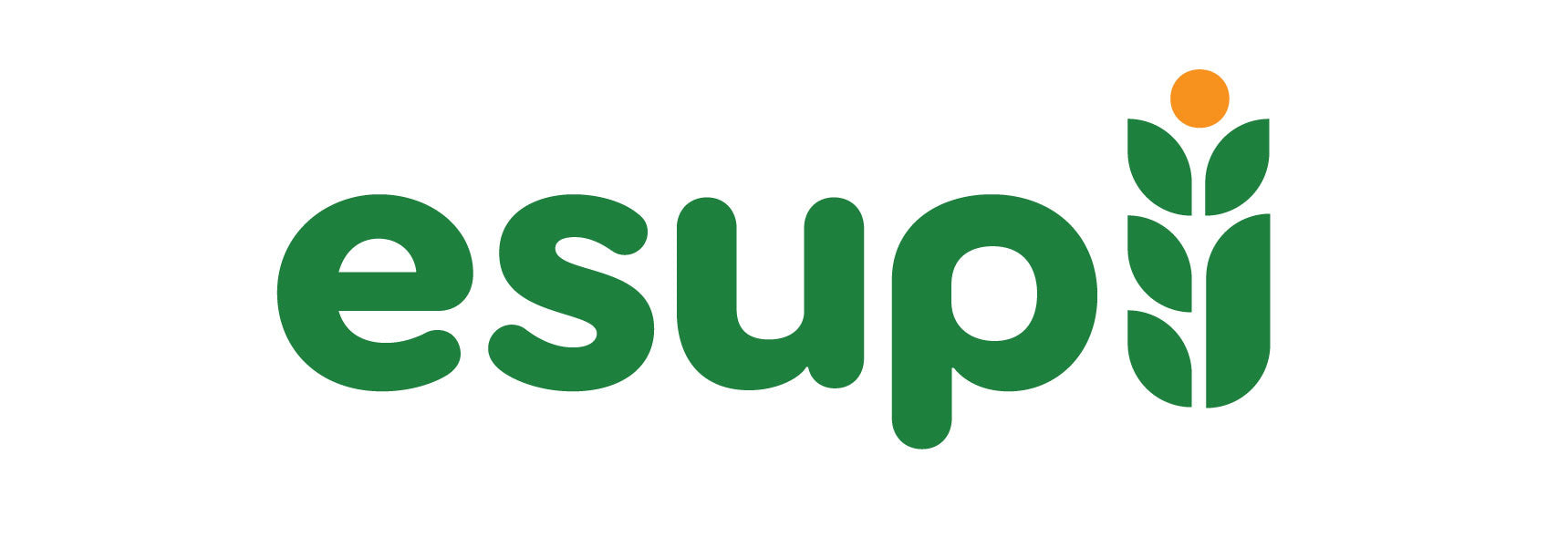Fish Oil vs Plant Sources: What's the Difference?

Do you want to boost your brain function, improve heart health, and enhance overall well-being? Look no further than omega-3 fatty acids. These essential nutrients play a critical role in our body's functioning, but where can we find them? In this article, we'll dive deep into the debate between fish and plant-based sources of omega-3. Get ready to uncover the truth and make an informed choice for your dietary needs.
Fish: A Sea of Omega-3 Riches

When it comes to omega-3 fatty acids, fish have long been hailed as the champions. Fish are abundant in two types of omega-3: eicosapentaenoic acid (EPA) and docosahexaenoic acid (DHA). These fatty acids are readily absorbed and utilized by our bodies, making fish a prime choice for meeting omega-3 needs.
The Top Omega-3 Fish Sources
Dive into these omega-3-rich fish options:
A true superstar, salmon is packed with EPA and DHA, promoting heart health and reducing inflammation.
Sardines:These small fish offer a big omega-3 punch, providing both EPA and DHA.
Mackerel:Its meaty texture and delightful taste make mackerel a delectable way to meet your omega-3 requirements.
Trout:A freshwater favorite, trout boasts high levels of omega-3 fatty acids, along with heart-healthy benefits.
Did You Know ???
The American Heart Association recommends eating at least two servings of omega-3-rich fish per week to reap their health benefits.
Plant-Based Omega-3: A Vegetarian's Dream
But what if you follow a vegetarian or vegan lifestyle? Can you still obtain adequate omega-3 nutrition without consuming fish? Absolutely! While fish may reign supreme, several plant-based options provide a rich source of omega-3 in the form of alpha-linolenic acid (ALA).

The Best Plant-Based Omega-3 Sources
Explore these plant-based wonders for your omega-3 needs:
These tiny powerhouses pack a mighty ALA punch, adding a nutritious boost to your salads, smoothies, or baked goods.
Flaxseeds:High in fiber, vitamins, and minerals, flaxseeds are a versatile source of ALA. Grind them up to unlock their benefits.
These tasty nuts not only offer a satisfying crunch but are also rich in ALA, supporting brain health and reducing inflammation.
Not just for hippies, hemp seeds are a complete protein source that also provides a generous dose of ALA.
Conversion Efficiency: ALA to EPA and DHA
It's important to note that our bodies can convert ALA into EPA and DHA, but the efficiency of the conversion process is relatively low. Therefore, if you rely solely on plant-based omega-3 sources, it may be beneficial to consume more ALA-rich foods to compensate for the conversion deficit.

Comparing the Benefits
Heart Health
Both fish and plant-based omega-3 sources offer heart health benefits, but the superiority lies with fish. The EPA and DHA found in fish have been extensively studied and proven to reduce blood triglyceride levels, lower blood pressure, and decrease the risk of heart disease. Plant-based omega-3 sources may have indirect heart benefits through their anti-inflammatory properties but lack the direct impact of EPA and DHA.
When it comes to supporting brain health, fish-based omega-3 sources take the lead. DHA, one of the key fatty acids found in fish, plays a crucial role in brain development and function. While ALA from plant-based sources supports overall brain health, it doesn't offer the same level of impact as DHA.
While fish rich in omega-3 are abundant, concerns arise due to overfishing and the potential harm it causes to marine ecosystems. Plant-based omega-3 sources, such as chia seeds, flaxseeds, and hemp seeds, offer a sustainable alternative that doesn't contribute to the depletion of marine life.
Conclusion
In the battle of fish vs plant-based omega-3 sources, both have their merits. Fish provide a direct and efficient source of EPA and DHA, benefiting heart and brain health. However, if you follow a vegetarian or vegan lifestyle or have environmental concerns, plant-based options rich in ALA can still provide omega-3 benefits. Remember, it's ultimately about finding the balance that aligns with your dietary choices and ethical considerations. So go ahead, make an informed choice, and let omega-3 nourish your body and mind!




